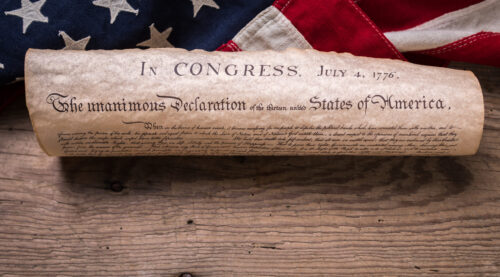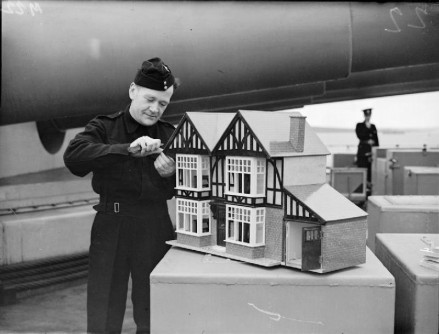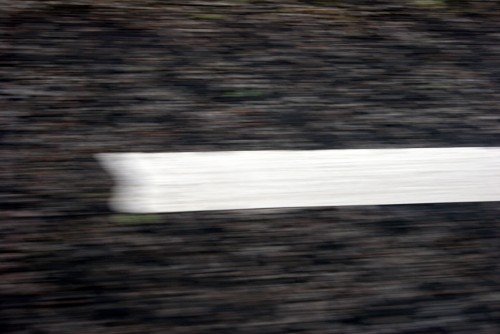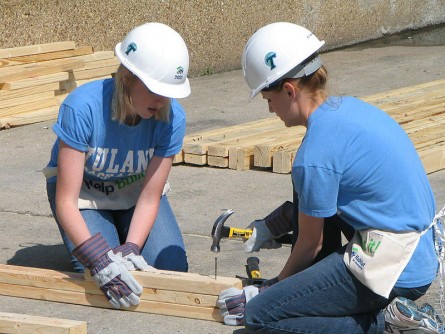
Jack Miller’s commitment to reform in American civic education sets a sterling example for donors of how to effect transformative change and uphold philanthropic values.

Small funders, through their ability to provide grants quickly and personally, can make a difference in a way that larger foundations simply cannot because of their more cumbersome bureaucratic procedures.







